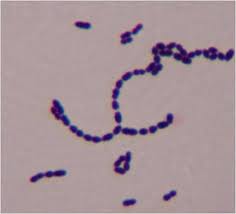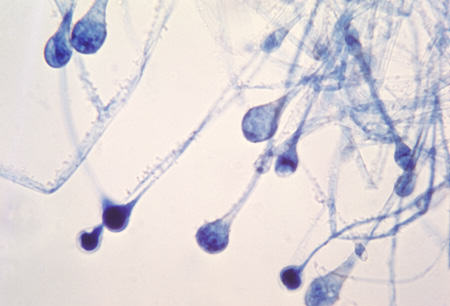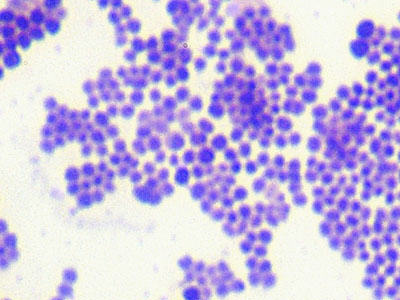Influenza
“Influenza” is a generic term that describes a large host of variant viruses that are closely related. These viruses are not differentiated, as bacteria are, by genus and species but rather through a complex naming process that first distinguishes between the three major types of influenza viruses, either A, B, or C, and then the …




